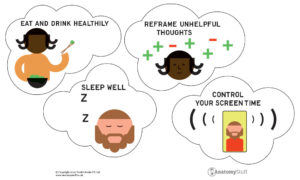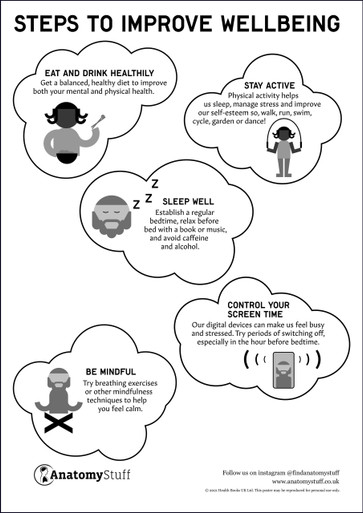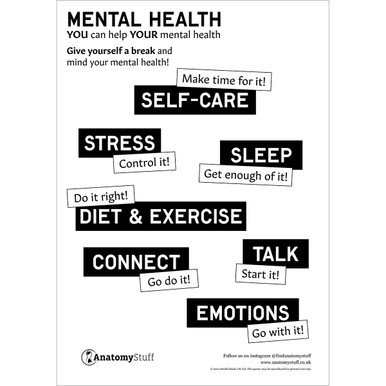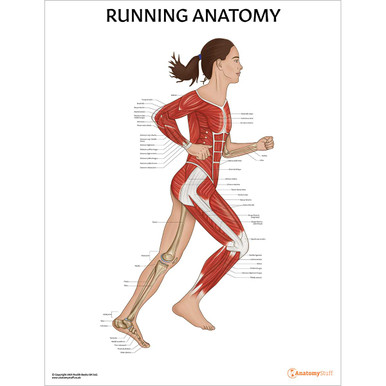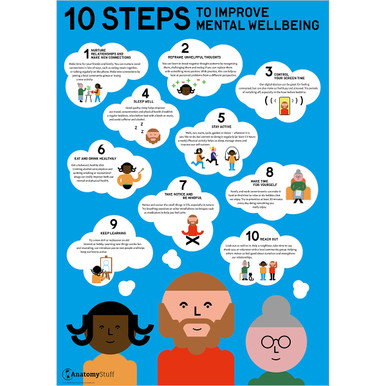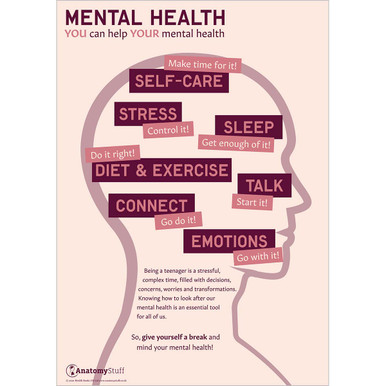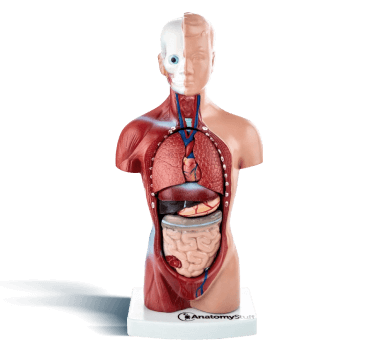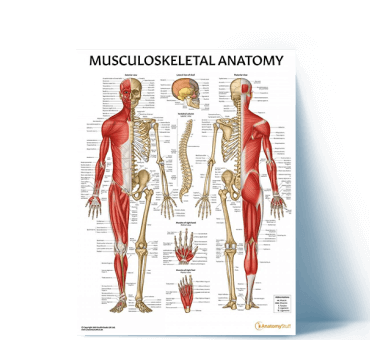Mental Health and Depression
The World Health Organisation defines mental health as:
“a state of well-being in which every individual realises his or her own potential can cope with the normal stresses of life can work productively and fruitfully and is able to contribute to her or his community”.
Our mental health affects how we act, feel, and behave. Mental health involves the emotional, physical, and social components of our lives.
The pandemic has left many people struggling with mental health issues such as anxiety and depression.
Everyone experiences lows, highs, traumatic events, and sad times such as bereavements. However, if feelings of sadness persist after the event, you may need to talk with a GP or healthcare professional. The main difference in the literature appears to be that yes, we can all feel stressed or anxious at times and there is ways you can help your mental health, but how well we cope differentiates between everyday stress or problems and a mental health illness.
Positive mental health occurs when you can cope with the normal stress of life, work productively, and contribute to your community.
Common Mental Health Problems include:
• Stress
• Anxiety
• Depression
• Bipolar disorder
• Mood swings/affective disorder
• Schizophrenia
• Eating disorders
• Suicidal thoughts
• Phobias
• Psychosis
• Panic disorders
Types of Depression:
• Seasonal affective disorder is associated with the start of winter and can last until spring, when longer days bring more daylight.
• Postnatal depression affects mothers who have had children, the depression may not set in straight away, and it can appear months or even years after the birth.
• Bipolar depression is a disorder affecting mood. The person has elated moods followed by very low moods.
• Major depression interferes with an individual’s daily life – with eating, sleeping and other everyday activities.
Common Symptoms:
• Tiredness and lack of energy
• Sadness
• Loss of self-esteem
• Difficulty concentrating
• Not being able to enjoy usually pleasurable things
• Feeling anxious all the time
• Withdrawal from family and friends
• Feelings of helplessness and hopelessness
• Sleeping problems
• Feelings of guilt and worthlessness
• Difficulty concentrating
• Finding it hard to function at work/college/school
• Loss of appetite
• Thinking about suicide and death
• Self-harm
Treatment of Depression:
• Monitoring
• Watchful waiting: wait and see approach with the observation of symptoms
• Self-help
• Cognitive behavioural therapy (CBT)
• Referral to psychology services
• Exercise: releases endorphins that lift general mood
• Mindfulness, yoga, or other professionally advised relaxation therapies
• Talking therapies such as counselling or psychotherapy
You may be offered medication from your GP if there is a history of moderate to severe depression, symptoms persist after other interventions, or after a doctor/ psychiatrist and/or psychologist’s assessment and advice.






